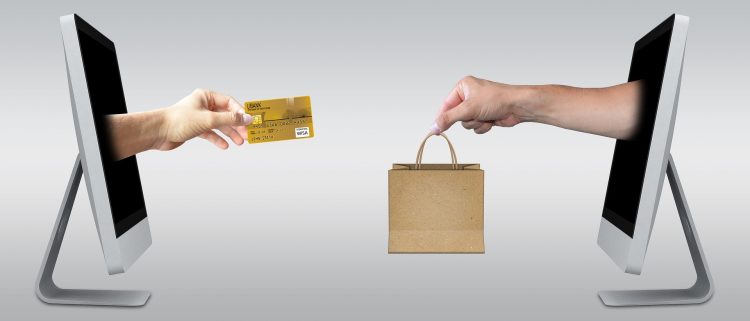
Staying ahead of bills is not an easy process to sort out. There are all sorts of different ways to ensure that you’re doing what you need to do – but at the same time, you need to be sure that you find answers that make sense for your situation. How do you keep on top of things?
The fact is, there are a lot of ways in which you can effectively stay ahead of bills. Here are some of the best practices that you can follow in order to do so.
Make Sure that You Pay On Time When You Can
Paying your bills on time is a really big way that you can ensure that you’re going to be able to stay ahead of things. More often than not, it will help your credit score and ensure that you don’t fall super behind on things. Also, if you are having trouble with the whole thing, you may also want to look into your options. You can get online payday advance loans and other personal loans that can help you to get back on track.
Put Together a Reasonable Budget to Follow
Budgeting is a challenge for many people, especially if you’re in a situation where your income is barely enough to cover necessities. But, working out the details and setting a budget you can stick to is essential when you want to be ahead of bills and debt.
Your budget should include pretty much anything and everything that you feel should be included. This doesn’t just mean your bills – it includes every coffee stop, every time you eat out, and every grocery trip. By taking the time to truly explore and understand what it is that you’re spending money on, you can analyze things better.
But, why does a budget help with paying things on time? Typically, you want to be able to go ahead and put information regarding when you want to pay things and/or when they are due. By using that to keep on track, you’ll find that it’s much simpler to work out details and to make sure that you’re also keeping up with your bills on a monthly basis.
What Can You Eliminate?
Another reason you may want to put together a budget is to ask this question: “what can I get rid of?” Sometimes, it takes a “big picture” look at what it is that you’re spending money on in order to best figure out what it is that you want to keep and what you can reduce.
When you start to look at what is in your budget, start listing things that may not be necessities. For example, when was the last time that you actually used your Netflix account? Are you happy with the Patreon pages that you’re backing, and how much are you spending on Kickstarter on a monthly basis? Analyze every subscription that you can.
On top of that, you want to look at the different things that may not be helpful for your budget because they’re incidentals that you’re not keeping track of as you should. For example, are you adding in every time that you stop for a cup of coffee? Do you really have to go to breakfast every day? You don’t have to take those things out of your budget entirely, but reining in those costs and making them “now and then” things can be helpful in the long run.
Consider Talking to Companies to Adjust Costs
One of the biggest reasons that people don’t end up keeping up with their bills is because they are just too high. In some instances, you may be able to talk to different companies so that you can have lower monthly payments on your bills. But, you have to be willing to have those conversations.
Whether that means that you’re looking at making a change to your internet speeds or you go on a payment plan for your electric, you are going to be able to find something that works well for you and your situation. And that can make paying your monthly bills a lot easier.
Explore what is available for you and see what sorts of options you have when it comes to keeping up with your monthly bills. Working that out and seeing what can be done is going to be much more effective than any other process that you may want to consider. Check things out, and get a plan in place. In the end, that’s going to make the biggest difference for you.







